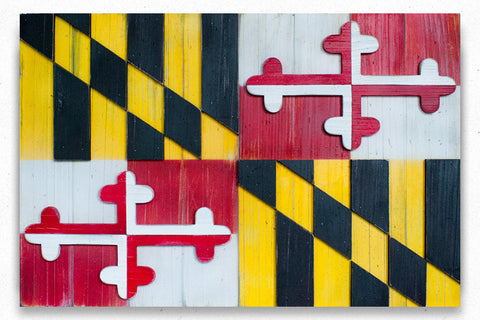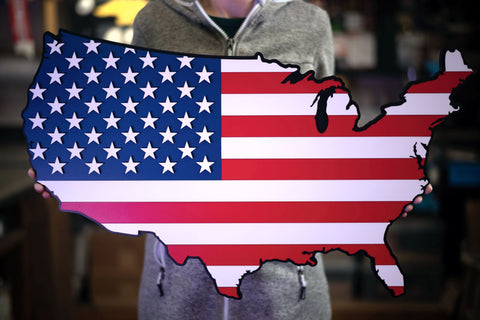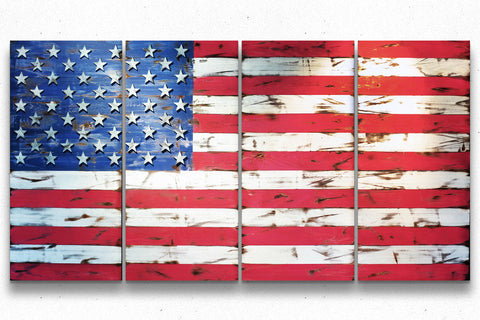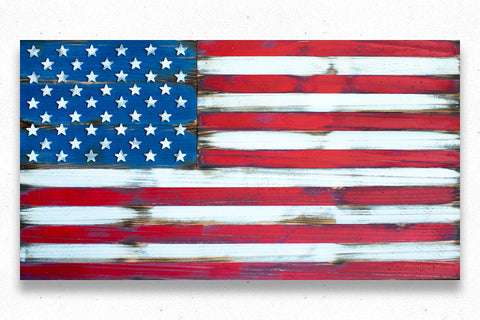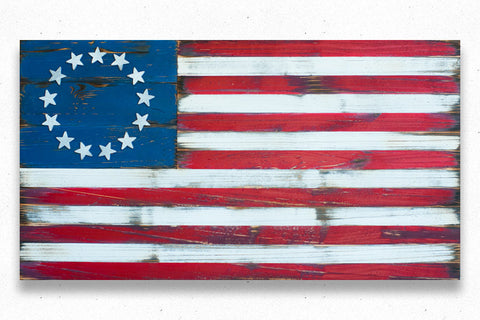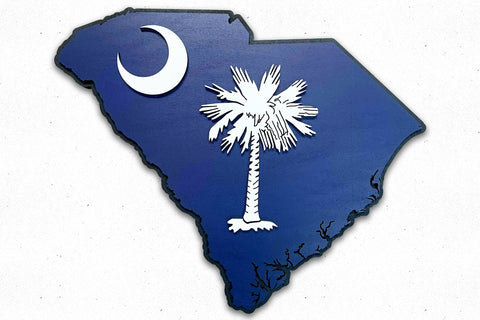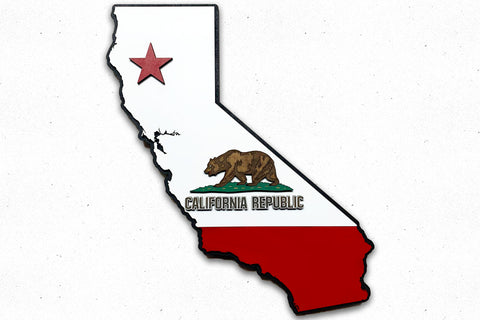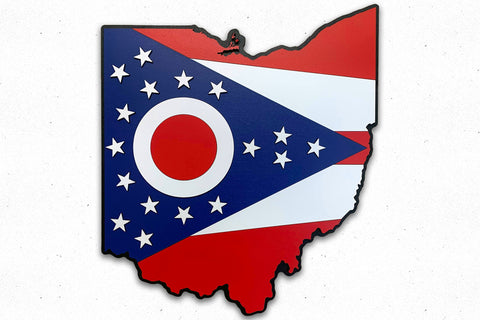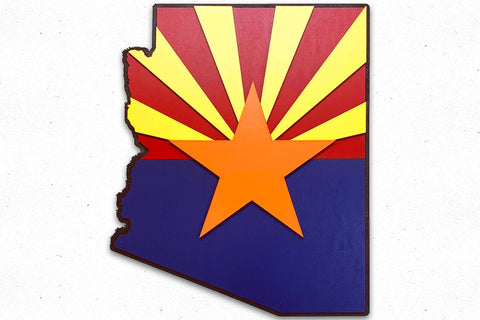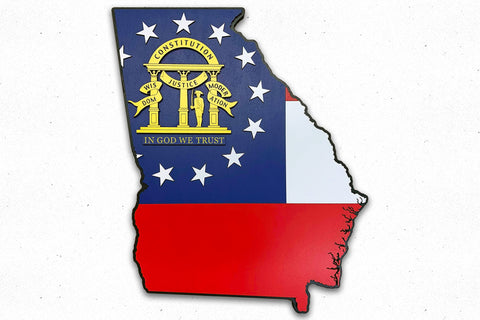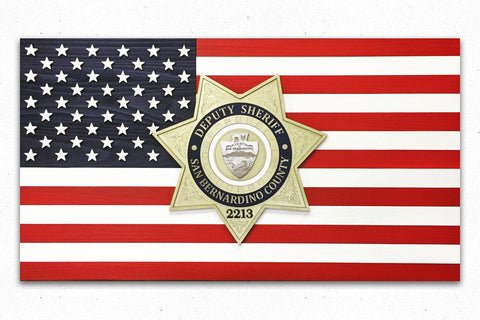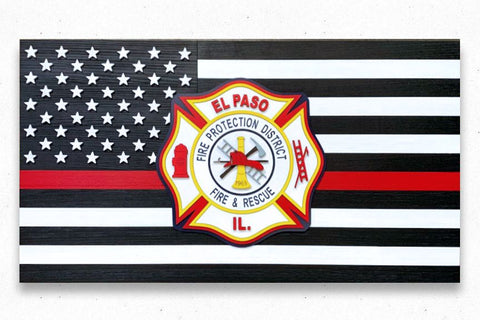A flag’s central purpose is to capture and display an identity or an idea. They rely on symbolism to achieve this, and as such, the meaning of each component is carefully considered before being made part of the flag. Color is perhaps the most influential of these, and plays an instrumental role in crafting the overall meaning.
While different cultures and people assign different meanings to each color, some meanings are common—let’s look at what they are.



Red is not a color to be taken lightly—it’s used to signify blood, valor, hardship, courage, strength, and revolution. When used in pirate flags, red meant that no quarter would be given. And when used in country flags, it often represents the fight or revolution that took place before a country’s birth.


Blue often symbolizes justice, freedom, perseverance, patriotism, and prosperity. It’s generally a positive color, and used to signify good things. You can find the color blue in lots of country flags, including the Union Jack and the US flag. It’s also used in the Christian flag, where it’s a symbol of forgiveness and the waters of baptism.


Yellow and gold most often represent the sun. They’re also used to signify wealth and prosperity—especially in places where gold ore was historically mined. You’ll find this color in Argentina’s flag, which includes a central yellow sun, and Colorado’s state flag, which features a yellow circle symbolizing both the sun and gold ore.


Green is the color of nature. It also symbolizes the earth, agriculture, and fertility. During the American Revolution, green was used on the Pine Tree flag. At the time, the pine tree was an important natural resource used to build ship masts, and a source of contention between the colonists and the British.


White is the color of innocence, honesty, peace, and purity. An entirely white flag is used to signal surrender. Some of the flags that use it to signify purity include the Christian flag, the American flag, and the Texas state flag.


Black can mean many things, including determination, ethnic heritage, quarantine, death, and victory in battle. One of the more interesting groups to adopt a black flag is the anarchists. Black flags are also sometimes used to signify funerals and mourning.
Sign up to get exclusive promotions, news, and the best content from our blog delivered right to your inbox.


